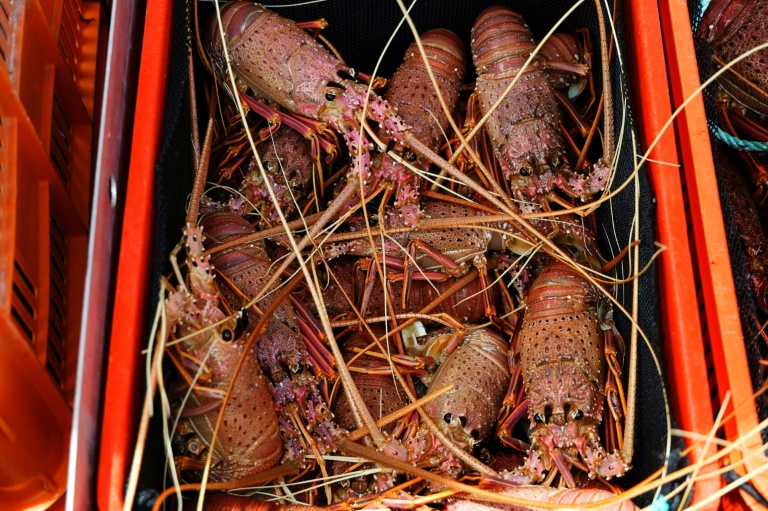The draft did not contain clauses stipulating the consequences if parties fail to meet the requirements.
Food safety regulators launched the investigation shortly after The Beijing News published a report in July claiming it was an “open secret” in the transport industry that tanker trucks were used to carry cooking oil and chemicals – without being cleaned between loads.
The reporter staked out in front of cooking oil factories and saw two trucks working for different transport companies entering and exiting.
In the report, regulators said the first truck was carrying 35.91 tonnes of cooking oil, 11 tonnes of which was used to make animal feed. The rest had not been sold and had since been sealed to prevent further use, they said.
The second truck was carrying 31.86 tonnes, of which 29.38 tonnes had been packaged and sold, mainly to the city of Ordos in northwest China’s Inner Mongolia autonomous region. Some 7.78 tonnes that had been sold but not yet used was recalled and sealed, according to the regulators.
But many members of the public were sceptical and dissatisfied with the results, pointing out there were still unanswered questions.
In a now-censored WeChat article, news commentator Xiang Dongliang asked: “How is it that the reporter accurately found the only two tanker trucks that were mixing up the oils?”
Xiang noted that there were over 180,000 vehicles on the road, but the investigations only found two involved in misconduct.
A string of food safety scandals has shaken the Chinese public’s confidence. In one of the most infamous incidents, some 300,000 children were poisoned in 2008 after Chinese suppliers added melamine, a chemical used to make plastic, to their powdered milk to artificially boost protein levels. The government launched an investigation and sentenced to death those responsible for the contamination and cover-up.







